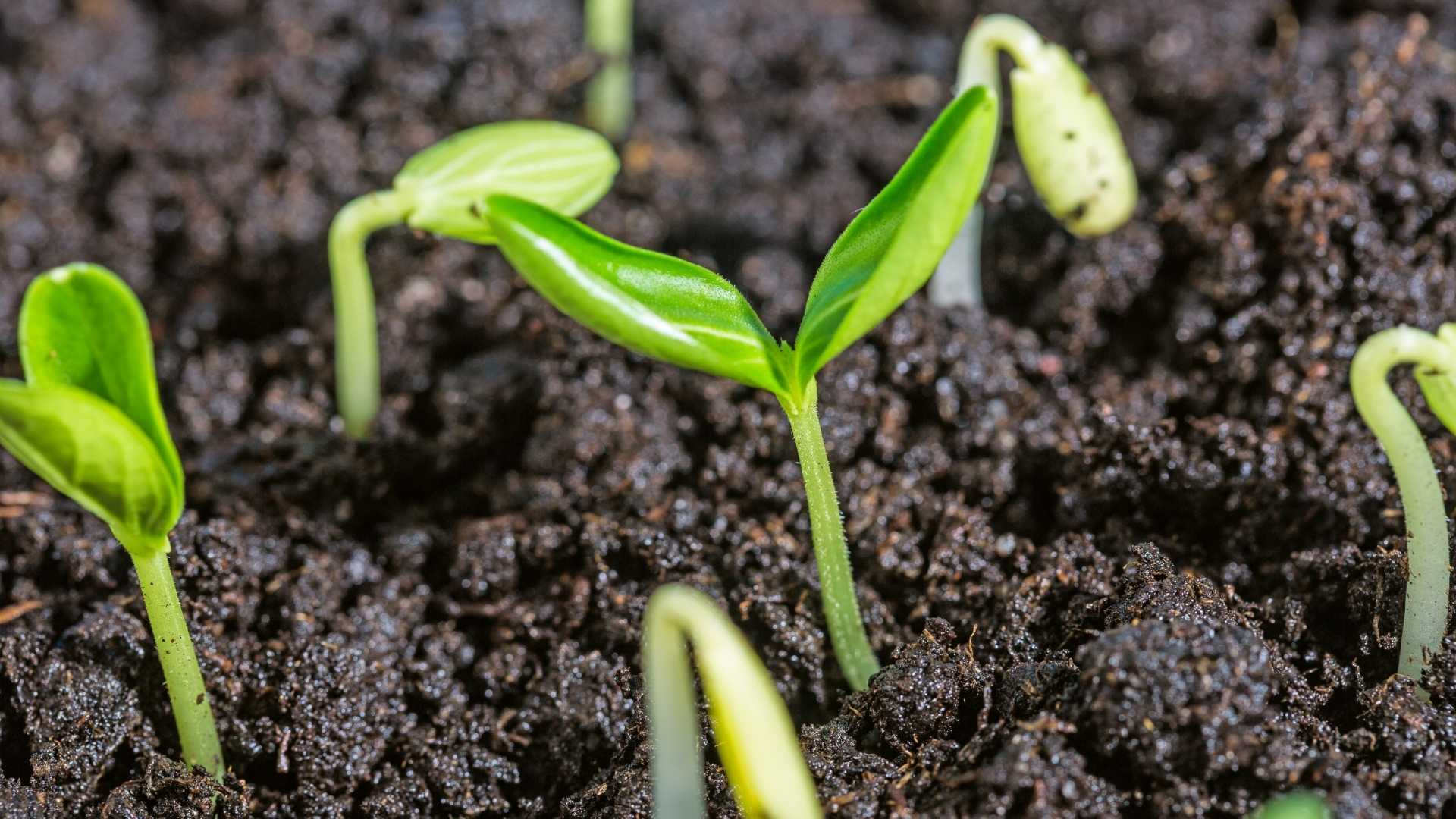Improving soil fertility and increasing agricultural productivity are essential goals for any grower or agricultural business aiming for long-term sustainability and profitability. Achieving high yields and healthy crops is no longer just about traditional practices—it now requires regenerative techniques, data-driven decisions, and the use of modern agricultural technologies.
In this blog post, we explore the main factors affecting agricultural productivity and effective strategies to improve soil health and maximize yield through smart farming.
Let's Talk!
Key Factors That Affect Agricultural Productivity
Several factors influence crop yield and soil fertility. Understanding and optimizing these can significantly enhance farm output:
Soil Quality and Nutrient Content
Soil structure, organic matter levels, and macro- and micronutrient content directly impact plant growth. A comprehensive soil analysis is essential to identify deficiencies and guide effective fertilizer strategies.
Irrigation Techniques
Overwatering or poor irrigation can cause salinity issues and nutrient leaching. Efficient methods like drip irrigation and sensor-based precision irrigation help conserve water and optimize root-zone moisture levels.
Fertilization Practices
Balanced fertilization using both organic and chemical inputs tailored to soil needs is crucial. Applying nitrogen (N), phosphorus (P), and potassium (K) in appropriate ratios supports optimal plant growth.
Pest and Disease Management
Insects, fungi, and pathogens can drastically reduce crop yields. Using integrated pest management (IPM) methods—especially biological controls—reduces chemical dependency while maintaining productivity.

Agricultural Technologies and Mechanization
Modern farming tools such as drones, soil sensors, plant sap analysis, and weather stations enable precision agriculture. These technologies provide real-time data, helping farmers make informed decisions that directly improve productivity.
Proven Methods to Improve Soil Fertility and Boost Yield
Below are six science-based strategies to enhance soil health and farm efficiency:
1. Conduct Soil Testing and Apply the Right Fertilizer
Start by performing a professional soil test to determine nutrient levels and pH. Based on this, you can implement a tailored fertilization plan using macro (NPK) and micronutrients. Analyze your plant and soil needs to select the most appropriate fertilizer types and application methods.
2. Increase Organic Matter with Compost and Manure
Incorporating compost, green manure, and well-decomposed animal waste improves soil structure, boosts microbial activity, and enhances water retention. This naturally increases soil fertility over time.
3. Use Efficient Irrigation Systems
Switch to drip irrigation, subsurface irrigation, or smart irrigation controllers. These methods help reduce water waste, apply nutrients directly to the root zone, and maintain optimal moisture levels.
4. Practice Crop Rotation and Soil Conservation
Avoid monoculture to prevent soil fatigue. Rotate crops regularly to break pest cycles and restore soil nutrients. Techniques like cover cropping and reduced tillage help minimize erosion and build healthier soils.
5. Adopt Integrated Pest Management (IPM)
Instead of relying solely on chemical pesticides, implement IPM strategies such as:
- Beneficial insects
- Traps and sensors
- Disease-resistant crop varieties
These approaches protect yield while promoting eco-friendly agriculture.
6. Leverage Agricultural Technology and Smart Farming Tools
Utilize technologies such as:
- Soil and sap analysis platforms
- Smart irrigation systems
- Weather and climate stations
- Digital farm management tools
Digital solutions help track crop health, monitor environmental data, and automate key processes—essential for increasing farm efficiency.
Why Soil Fertility and Smart Practices Matter
Enhancing soil fertility isn’t just about short-term yield—it’s the foundation for long-term agricultural sustainability. By integrating regenerative practices, organic amendments, and digital technologies, you can:
- Reduce input waste
- Improve soil biodiversity
- Enhance nutrient efficiency
- Achieve better returns with less environmental impact
Scientific, data-based strategies lead to smarter decisions and healthier crops. To begin improving your soil health, we recommend exploring our soil analysis services.

